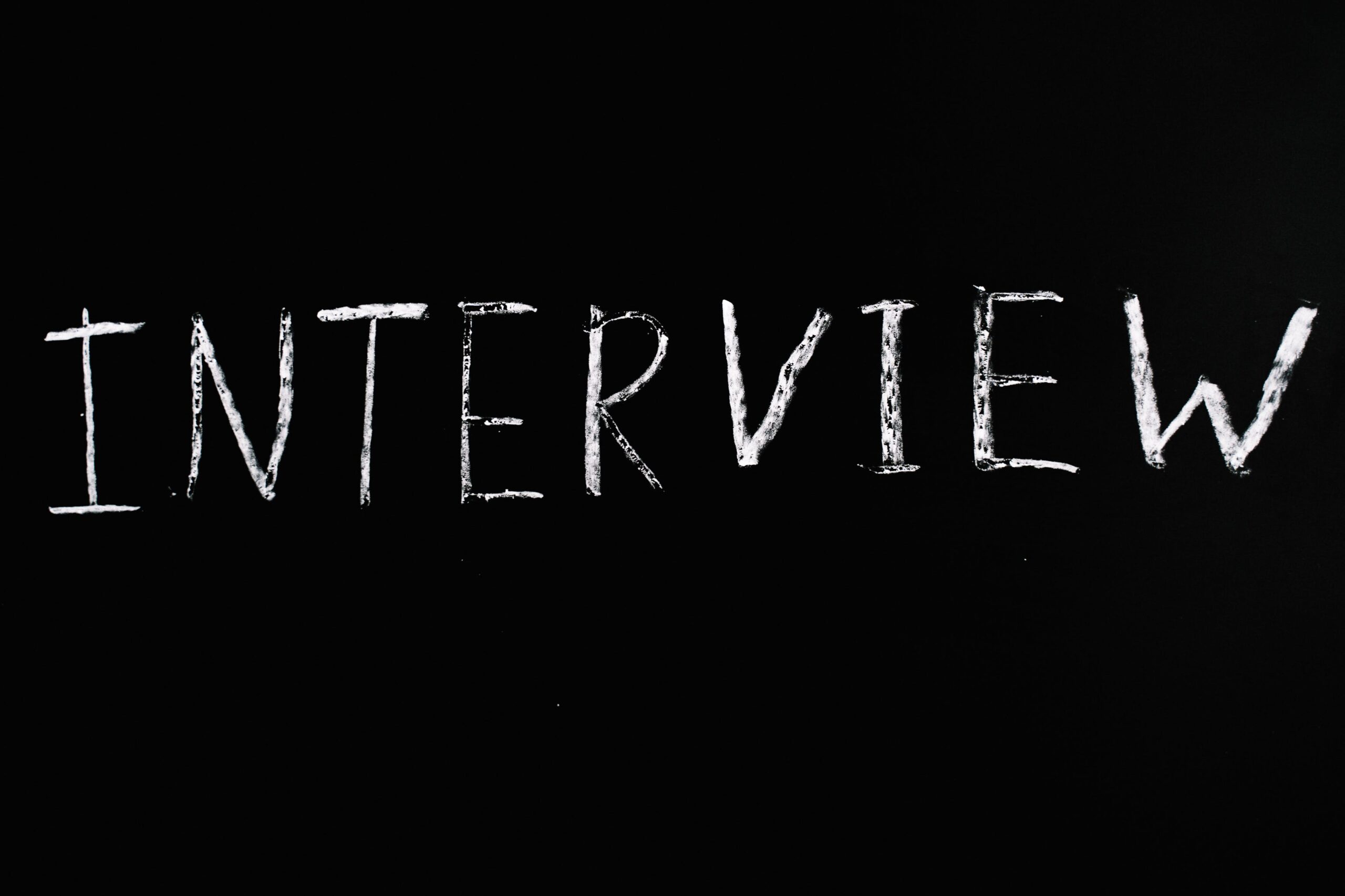In today’s fast-paced world, achieving a healthy work-life balance has become increasingly challenging. Many of us find ourselves constantly juggling work commitments with personal responsibilities, leaving little time for relaxation and self-care. However, maintaining a balance between your professional and personal life is essential for your overall well-being and long-term success. In this comprehensive article, we’ll explore the importance of work-life balance and delve into a wide range of effective strategies for achieving a healthier and more fulfilling life.
The Significance of Work-Life Balance
Before we dive into the strategies for achieving work-life balance, it’s crucial to understand why it matters. Work-life balance isn’t just a buzzword or a luxury; it’s a fundamental aspect of our lives that affects our physical and mental health, relationships, and overall quality of life.
Physical Health: Neglecting your personal life in favor of work can lead to various health issues, including stress, fatigue, and burnout. Chronic stress, in particular, has been linked to a range of health problems, such as heart disease, obesity, and sleep disorders.
Mental Well-Being: Overworking and constant work-related stress can take a toll on your mental health. It can lead to anxiety, depression, and feelings of dissatisfaction with life.
Relationships: Striking a balance between work and personal life is crucial for maintaining healthy relationships. Neglecting your loved ones due to work commitments can strain relationships and lead to loneliness.
Productivity and Creativity: Paradoxically, working too much can hinder your productivity and creativity. Taking time to relax and recharge can lead to better work performance and innovative thinking.
Long-Term Success: Achieving work-life balance is not just about short-term happiness; it’s also essential for long-term success. Burnout and chronic stress can hinder your career progress and limit your potential.
Strategies for Achieving Work-Life Balance
Now that we understand why work-life balance is vital, let’s explore a comprehensive set of strategies to help you achieve it.
1. Prioritize Self-Care
The foundation of a good work-life balance is taking care of yourself. Self-care encompasses various practices and habits that promote your physical, mental, and emotional well-being. Here are some self-care strategies:
Exercise Regularly: Physical activity is an excellent way to relieve stress, boost mood, and improve overall health. Find an exercise routine that you enjoy and can maintain.
Healthy Eating: Maintain a balanced diet rich in fruits, vegetables, lean proteins, and whole grains. Proper nutrition provides the energy you need to excel in both work and personal life.
Adequate Sleep: Ensure you get enough restorative sleep. Sleep is essential for cognitive function, mood regulation, and overall health.
Mindfulness and Meditation: These practices can help you stay present, reduce stress, and enhance your ability to manage challenging situations calmly.
2. Set Boundaries
Establishing clear boundaries between work and personal life is crucial. When your workday ends, switch off from work-related tasks and emails. Communicate your boundaries to your colleagues and superiors to ensure they respect your personal time.
Designate a Workspace: If you’re working remotely, create a designated workspace. This helps separate work from home life and signals when it’s time to focus on work and when it’s time to relax.
Use Technology Wisely: Leverage technology to set boundaries. Use tools like “Do Not Disturb” modes and scheduling apps to manage your work-related notifications and commitments.
3. Time Management
Effective time management is a cornerstone of work-life balance. Create a daily or weekly schedule that allocates time for work, family, friends, and personal interests. Here are some time management tips:
Prioritize Tasks: Identify the most important tasks each day and tackle them first. This ensures that essential work gets done efficiently.
Batch Similar Tasks: Group similar tasks together to minimize context-switching, which can be mentally draining.
Use Time Blocks: Allocate specific time blocks for various activities. For example, designate focused work time, family time, and personal time in your schedule.
4. Learn to Say No
It’s okay to decline additional work or personal commitments when you’re stretched thin. Learning to say no is a valuable skill that prevents burnout and allows you to focus on your top priorities.
Assess Your Capacity: Before taking on new commitments, assess your current workload and personal commitments. Only agree to tasks and projects that you can realistically handle.
Communicate Honestly: When you need to decline a request, be honest about your reasons. Explain that you want to maintain a healthy work-life balance and that you’re committed to your existing responsibilities.
5. Delegate Tasks
At work and at home, delegate tasks when possible. Trusting others with responsibilities not only lightens your load but also empowers others to contribute.
Know Your Strengths: Identify your strengths and weaknesses, both at work and in your personal life. Delegate tasks that others can do more efficiently.
Effective Communication: Clearly communicate your expectations when delegating tasks. Provide necessary instructions and resources to ensure success.
6. Remote Work Flexibility
If your job allows it, consider negotiating for remote work or flexible hours. Remote work can reduce commuting time and provide a more comfortable work environment.
Establish a Routine: When working remotely, establish a daily routine to maintain structure and discipline.
Communication is Key: Stay in regular communication with your team and supervisor to ensure you’re on the same page regarding expectations and deliverables.
7. Take Regular Breaks
Schedule short breaks throughout your workday to recharge. Stepping away from your desk for a few minutes can improve focus and productivity.
Pomodoro Technique: Consider using the Pomodoro Technique, which involves working in focused 25-minute intervals followed by a 5-minute break.
Nature Breaks: If possible, take breaks in nature or simply step outside for fresh air. Nature has a calming and rejuvenating effect.
8. Disconnect from Technology
Limit your screen time outside of work. Constantly checking emails and social media can blur the line between work and personal life. Designate tech-free zones or times to disconnect and recharge.
Set Tech-Free Hours: Establish specific hours during which you’ll refrain from using electronic devices, especially before bedtime.
Digital Detox Days: Consider having occasional digital detox days or weekends where you disconnect entirely from technology.
9. Quality Over Quantity
Focus on the quality of your work rather than the number of hours spent working. Efficient, focused work can often produce better results in less time.
Set Clear Goals: Define specific goals for your work tasks and projects. Having clear objectives helps you stay focused and productive.
Avoid Perfectionism: Striving for perfection can lead to overworking and stress. Recognize that perfection is often unattainable and prioritize excellence instead.
10. Plan Leisure Activities
Schedule regular leisure activities that bring you joy. Whether it’s a hobby, exercise, or spending time with loved ones, having activities to look forward to can boost your overall happiness.
Create a Bucket List: Make a list of activities or experiences you’d like to enjoy in your free time. Refer to this list when planning your leisure activities.
Regularly Revisit Hobbies: If you have hobbies or interests you’re passionate about, ensure they remain a consistent part of your life.
11. Seek Support
Don’t hesitate to seek support from family, friends, or professionals when needed. Talking about your challenges can help alleviate stress and provide valuable insights.
Open Communication: Discuss your work-life balance goals and challenges with your loved ones. They can offer support and understand your needs.
Professional Assistance: If you’re struggling with stress, anxiety, or burnout, consider seeking help from a therapist or counselor.
12. Reflect and Adjust
Regularly assess your work-life balance and make adjustments as necessary. Your needs and priorities may change over time, so be open to adapting your strategies.
Self-Reflection: Take time to reflect on your current work-life balance and how it’s affecting your well-being. Are you satisfied, or do you feel overwhelmed?
Adjust Your Goals: If you’re not satisfied with your current balance, adjust your goals and strategies accordingly. Make small changes to move toward a better balance.
13. Take Vacations
Plan and take regular vacations or time off. Vacations provide a break from routine and allow you to recharge and gain perspective.
Plan in Advance: Schedule your vacations well in advance to ensure you have something to look forward to.
Unplug During Vacations: Truly disconnect from work during your vacations. Avoid checking emails or taking work-related calls.
14. Learn from Role Models
Seek inspiration from people who have successfully achieved a work-life balance that you admire. Learn from their experiences and strategies.
Mentorship: If possible, seek mentorship from someone who has excelled in both their career and personal life. They can provide guidance and valuable insights.
Biographies and Autobiographies: Read biographies or autobiographies of individuals who have balanced successful careers with fulfilling personal lives.
15. Celebrate Achievements
Acknowledge and celebrate your achievements, both big and small. Recognizing your successes can boost your motivation and overall well-being.
Keep a Journal: Maintain a journal where you record your accomplishments and milestones. This provides a tangible record of your progress.
Reward Yourself: When you achieve significant milestones, treat yourself to something special as a reward for your hard work.
16. Continuous Improvement
Remember that achieving a perfect work-life balance is an ongoing process. Embrace the journey of continuous improvement and be kind to yourself when setbacks occur.
Evaluate and Adapt: Continually evaluate your work-life balance and adjust your strategies as needed. What worked well in the past may need to evolve.
Practice Self-Compassion: Be compassionate toward yourself. Understand that there will be times when work or personal life demands more of your attention, and that’s okay.
Conclusion
In conclusion, work-life balance is not just a concept; it’s a vital aspect of a fulfilling and healthy life. Neglecting one in favor of the other can have significant consequences for your physical and mental well-being, relationships, and long-term success. By implementing the strategies outlined in this article and making them a part of your daily life, you can create a more harmonious existence that allows you to thrive both personally and professionally. Work-life balance isn’t a luxury; it’s a necessity for a happier and more fulfilling life.














